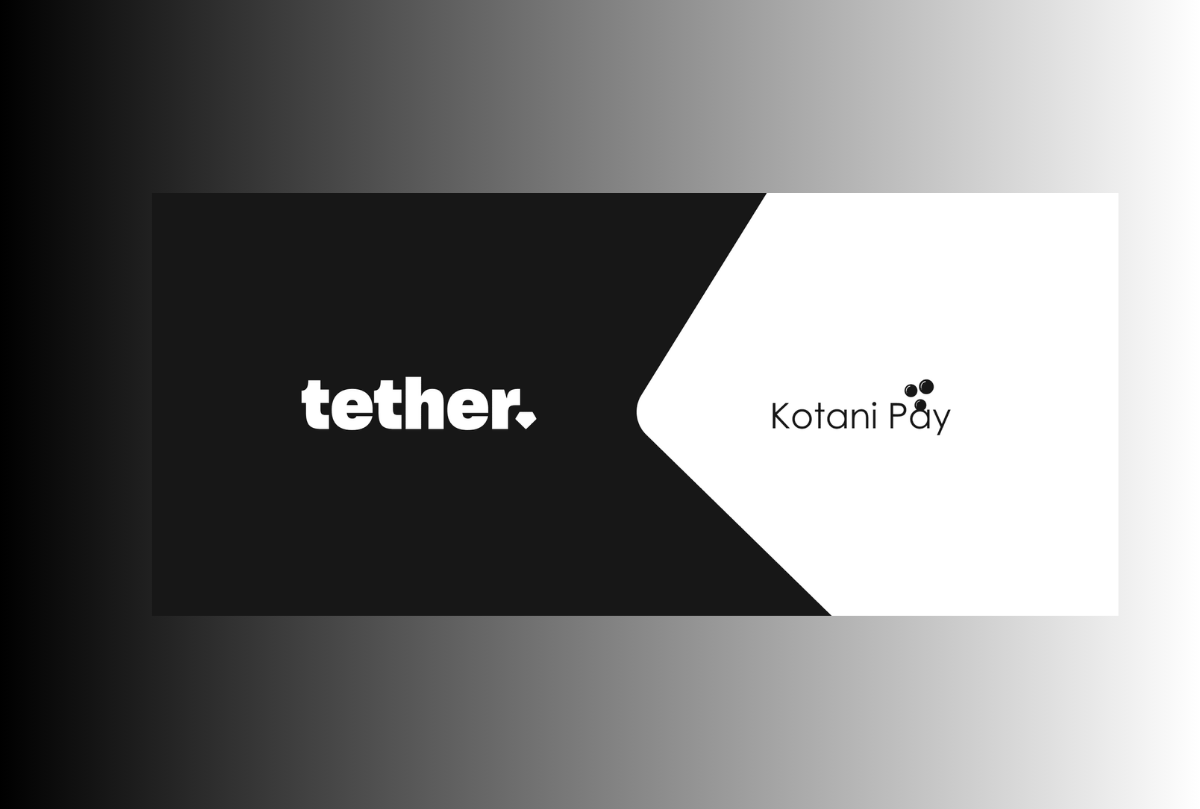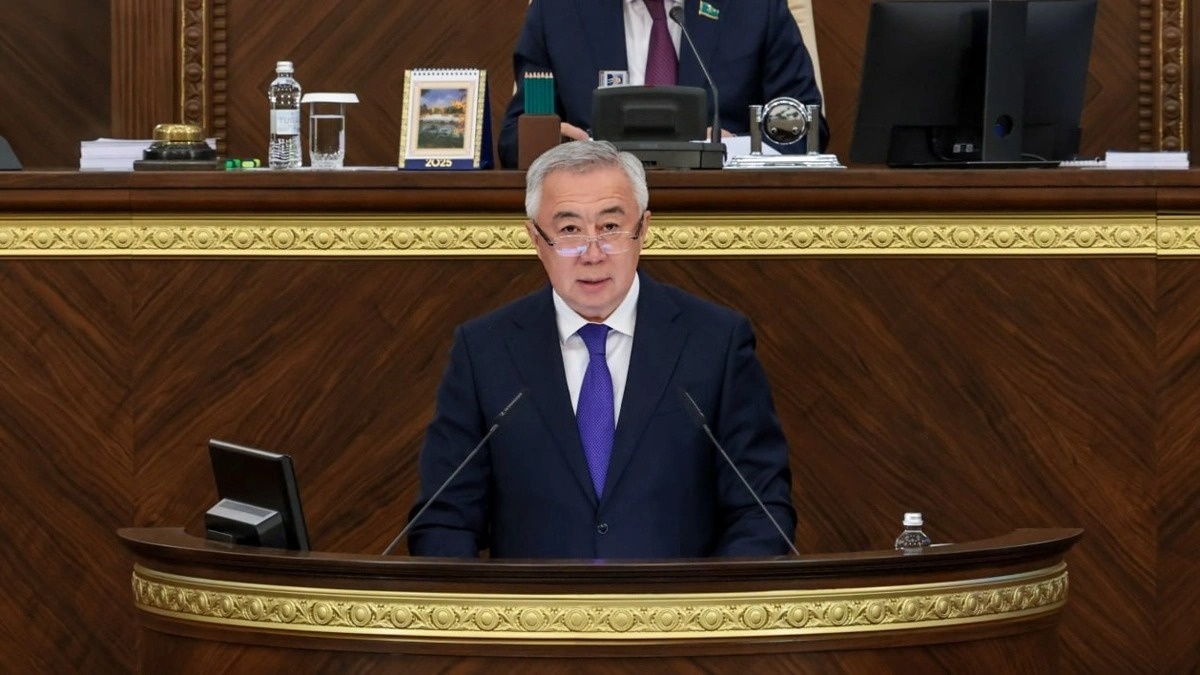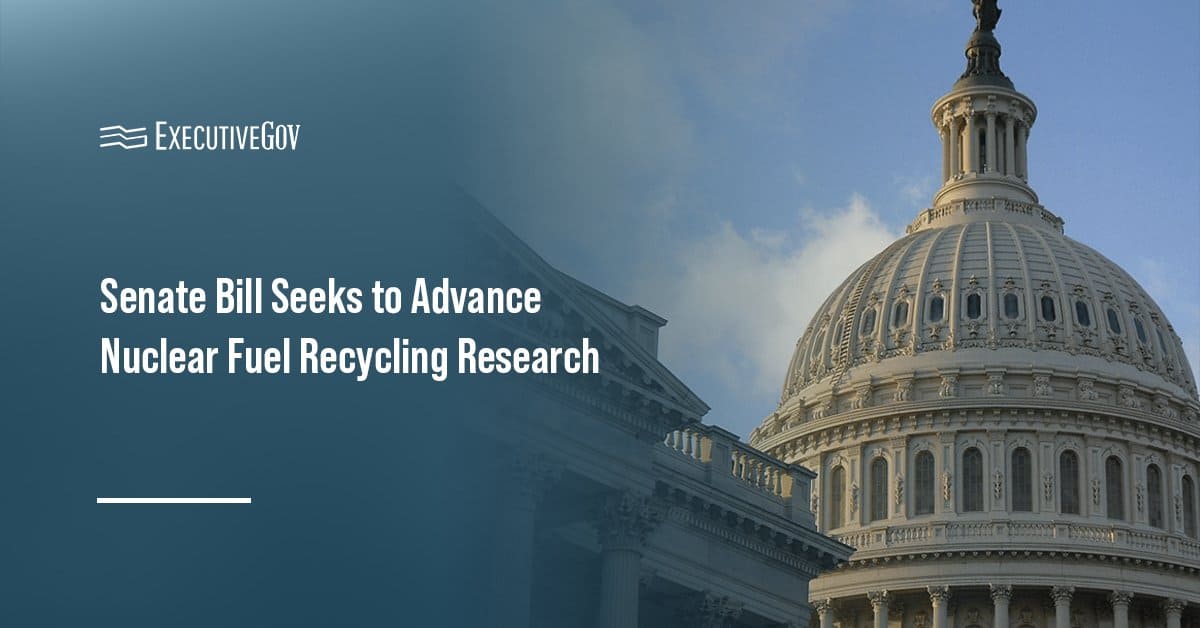Report on the Launch of the CABEI–Solidarios Microenterprise Awards 2025
A Strategic Partnership for Sustainable Development Goals
On October 17, 2025, the Central American Bank for Economic Integration (CABEI) and Solidarios, the Council of American Development Foundations, launched the fifth edition of the CABEI–Solidarios Microenterprise Awards. This initiative serves as a regional platform to advance the Sustainable Development Goals (SDGs) by supporting resilient and innovative micro-entrepreneurs through targeted capacity building and recognition.
The program directly addresses several SDGs by fostering economic empowerment and inclusive growth. Key objectives include:
- SDG 1 (No Poverty) & SDG 8 (Decent Work and Economic Growth): Strengthening MSMEs, described as the “quiet engine” of the regional economy, to create sustainable livelihoods and drive economic progress.
- SDG 10 (Reduced Inequalities): Promoting financial inclusion and economic equity by providing opportunities for a sector facing structural challenges.
- SDG 17 (Partnerships for the Goals): Demonstrating a powerful collaboration between a regional development bank, a council of foundations, and local microfinance institutions to achieve shared development objectives.
Program Components and Contribution to Sustainable Development
Capacity Building for Economic Empowerment (SDG 4 & SDG 8)
A core component of the awards is a mandatory virtual training program for all applicants. This pre-assessment requirement ensures that participants gain practical skills, directly contributing to SDG 4 (Quality Education) through lifelong learning opportunities. The training modules include:
- Success Motivation
- Financial Education
- Business Management
This educational foundation equips entrepreneurs with the tools necessary to strengthen their businesses, fostering sustainable growth and decent work.
Award Categories Promoting SDG Targets
The award categories are designed to recognize contributions across a spectrum of sustainable development priorities, encouraging practices that align with global goals.
- Economic and Social Inclusion (SDG 1, SDG 8, SDG 10): Categories such as Family Microenterprise, Production, and Regional Microenterprise of the Year focus on core economic drivers. The Young Entrepreneur category specifically targets youth employment and empowerment.
- Innovation and Sustainable Industry (SDG 9): The Innovative Commerce or Service category rewards forward-thinking business models.
- Sustainable Food Systems and Communities (SDG 2 & SDG 11): The Agricultural Development, Tourism, and Artisanal Production categories support local economies and cultural heritage.
- Environmental Responsibility (SDG 12 & SDG 13): The Environmental Impact category highlights microenterprises that contribute to responsible consumption and production patterns.
- Education and Inclusion (SDG 4 & SDG 10): The Educational Microenterprise and Institutional Financial Inclusion Management categories recognize efforts to expand access to education and financial services.
Impact and Regional Significance
Advancing Financial Inclusion and Regional Leadership
Since its inception in 2021, the CABEI–Solidarios Awards program has demonstrated a significant impact, processing over 3,000 applications and formally recognizing 306 entrepreneurs. This track record highlights the program’s success in mobilizing the microfinance sector and consolidating the Dominican Republic’s position as a regional benchmark for financial inclusion, a key enabler for achieving the Sustainable Development Goals.
Analysis of SDGs in the Article
1. Which SDGs are addressed or connected to the issues highlighted in the article?
-
SDG 8: Decent Work and Economic Growth
- The article’s central theme is the promotion of micro-enterprises (MSMEs), which are described as the “quiet engine of our economy.” The CABEI–Solidarios Microenterprise Awards aim to foster their growth, innovation, and resilience, directly contributing to economic development and job creation.
-
SDG 4: Quality Education
- The initiative includes a mandatory “free virtual program in Success Motivation, Financial Education, and Business Management” for all applicants. This component focuses on providing entrepreneurs with practical skills and tools, aligning with the goal of promoting lifelong learning opportunities and relevant skills for entrepreneurship.
-
SDG 10: Reduced Inequalities
- The article explicitly states that “Investing in microenterprises is investing in social cohesion and economic equity.” By supporting a sector that often faces “structural challenges,” the program aims to promote economic inclusion and reduce disparities, helping to empower entrepreneurs and their communities.
-
SDG 17: Partnerships for the Goals
- The entire initiative is a collaboration between the Central American Bank for Economic Integration (CABEI) and Solidarios, the Council of American Development Foundations. This partnership between a regional development bank and a council of foundations exemplifies a multi-stakeholder effort to achieve common development goals.
2. What specific targets under those SDGs can be identified based on the article’s content?
-
Target 8.3 (under SDG 8): “Promote development-oriented policies that support productive activities, decent job creation, entrepreneurship, creativity and innovation, and encourage the formalization and growth of micro-, small- and medium-sized enterprises, including through access to financial services.”
- The awards program directly supports this target by showcasing “resilient and innovative micro-entrepreneurs” and promoting their growth through training, mentoring, and recognition. The involvement of microfinance institutions also highlights the focus on access to financial services.
-
Target 4.4 (under SDG 4): “By 2030, substantially increase the number of youth and adults who have relevant skills, including technical and vocational skills, for employment, decent jobs and entrepreneurship.”
- The mandatory pre-assessment training in “Financial Education, and Business Management” is a direct mechanism to equip micro-entrepreneurs with relevant vocational and business skills, thereby strengthening their capacity for success and contributing to this target.
-
Target 10.2 (under SDG 10): “By 2030, empower and promote the social, economic and political inclusion of all…”
- The program promotes the economic inclusion of micro-entrepreneurs, who are described as a sector facing “structural challenges.” By providing them with tools, recognition, and opportunities, the initiative helps to empower them and enhance “economic equity,” as stated by Fabricio Gómez Mazara.
-
Target 17.17 (under SDG 17): “Encourage and promote effective public, public-private and civil society partnerships, building on the experience and resourcing strategies of partnerships.”
- The collaboration between CABEI and Solidarios to run the fifth edition of the awards is a clear example of an effective partnership between different types of organizations (a regional bank and a council of foundations) working towards a shared sustainable development objective.
3. Are there any indicators mentioned or implied in the article that can be used to measure progress towards the identified targets?
-
Number of entrepreneurs supported
- The article states that since 2021, the awards “have received more than 3,000 applications and recognized 306 entrepreneurs.” This quantitative data serves as a direct indicator for measuring the reach and impact of the program in supporting micro-enterprises (relevant to Target 8.3).
-
Number of individuals trained
- Since the training program is mandatory for all applicants, the figure of “more than 3,000 applications” implies that over 3,000 entrepreneurs have been enrolled in the virtual program for Financial Education and Business Management. This serves as an indicator for progress towards Target 4.4.
-
Level of institutional participation and financial inclusion
- The article mentions an award category for “Institutional Financial Inclusion Management” and notes that the Dominican Republic has become a “benchmark for financial inclusion.” The number of participating microfinance institutions and the maximum of “64 applications per entity” can be used as indicators of the engagement of the financial sector in promoting inclusion (relevant to Target 8.3 and the broader goal of financial inclusion).
-
Longevity and scale of the partnership
- The fact that the program is in its “fifth edition” indicates a sustained and successful partnership between CABEI and Solidarios. This longevity is an implicit indicator of an effective partnership as described in Target 17.17.
4. SDGs, Targets, and Indicators Table
| SDGs | Targets | Indicators |
|---|---|---|
| SDG 8: Decent Work and Economic Growth | Target 8.3: Promote policies to support entrepreneurship and the growth of micro-, small- and medium-sized enterprises. | Number of applications received (3,000+); Number of entrepreneurs recognized (306); Number of participating microfinance institutions. |
| SDG 4: Quality Education | Target 4.4: Increase the number of adults with relevant skills for entrepreneurship. | Number of micro-entrepreneurs completing the mandatory virtual training in Financial Education and Business Management (implied as 3,000+). |
| SDG 10: Reduced Inequalities | Target 10.2: Empower and promote the social and economic inclusion of all. | Creation of an “Institutional Financial Inclusion Management” award category; Recognition of the Dominican Republic as a “benchmark for financial inclusion.” |
| SDG 17: Partnerships for the Goals | Target 17.17: Encourage and promote effective public-private and civil society partnerships. | The existence and continuation of the CABEI–Solidarios partnership into its “fifth edition.” |
Source: bcie.org






